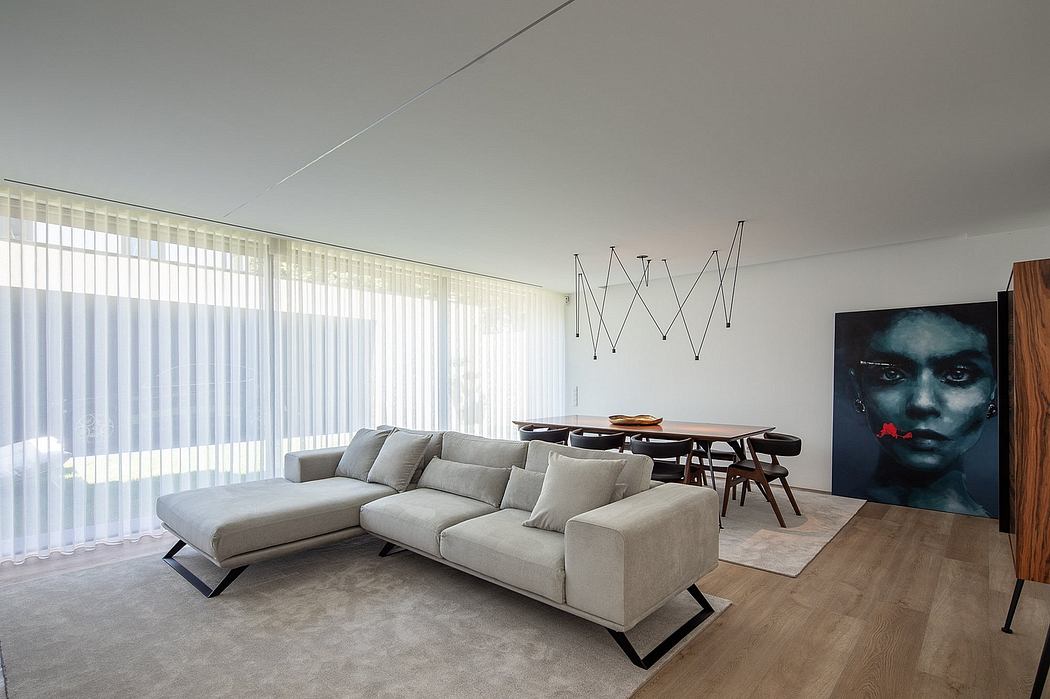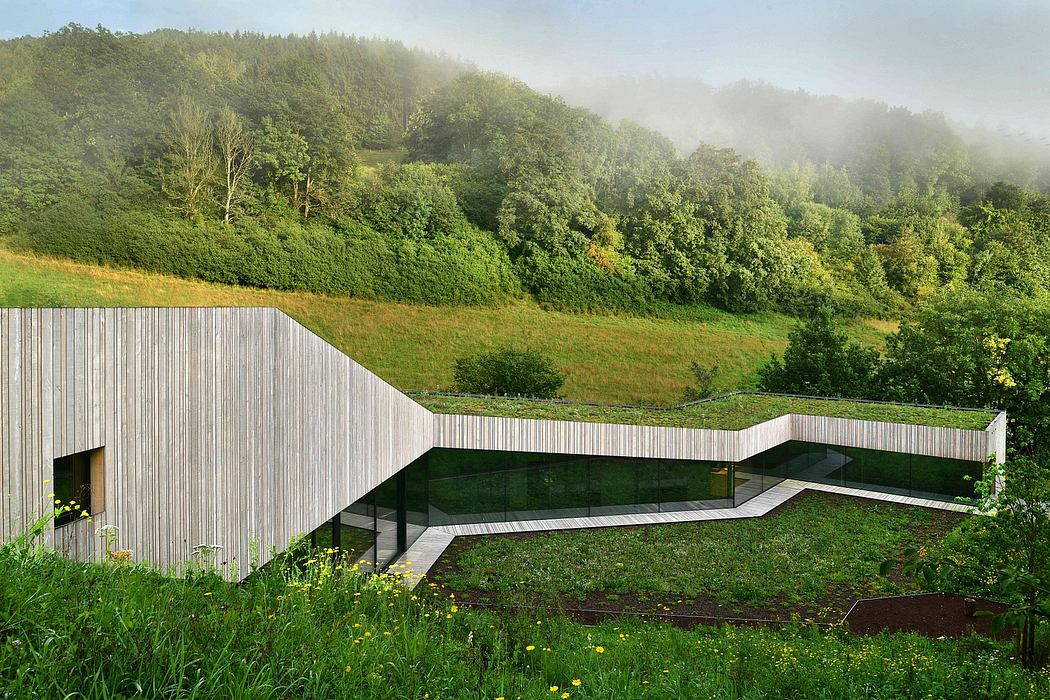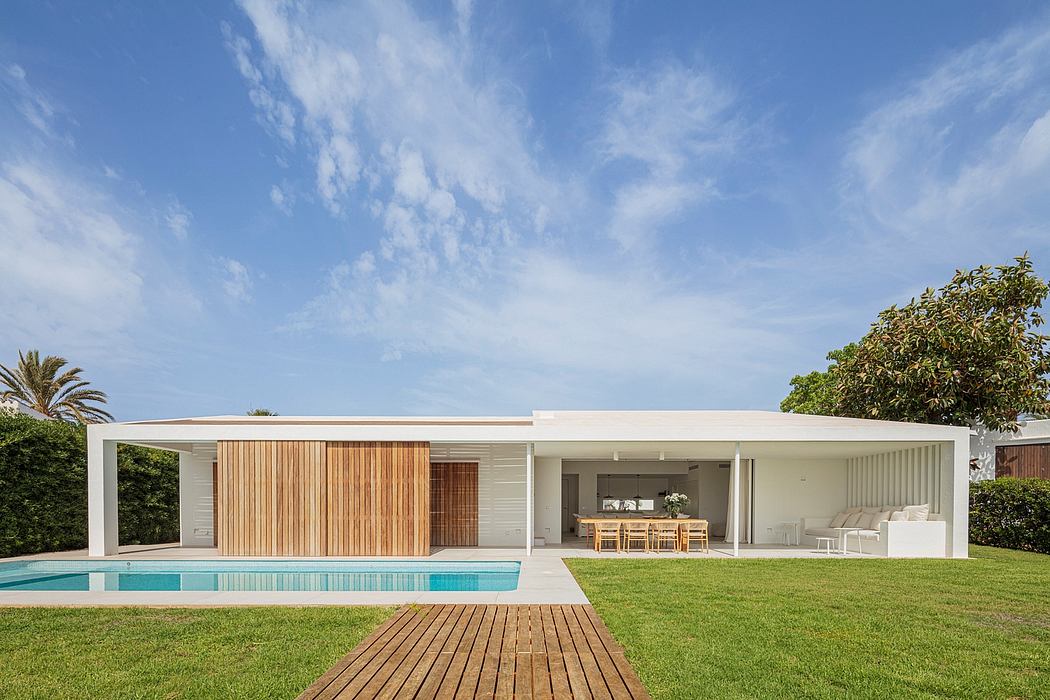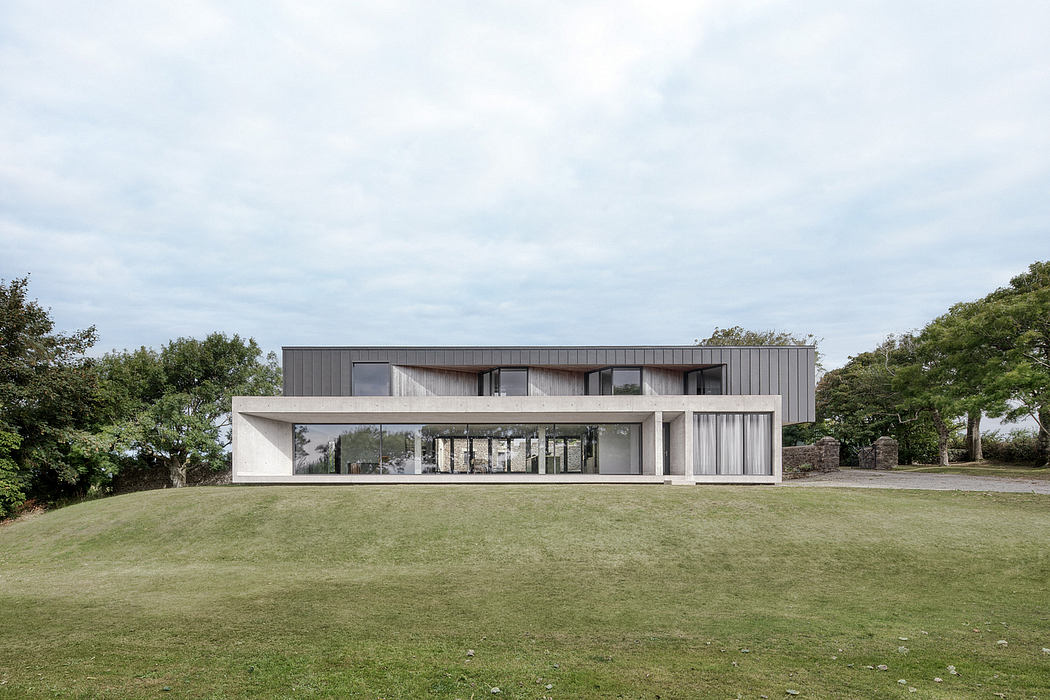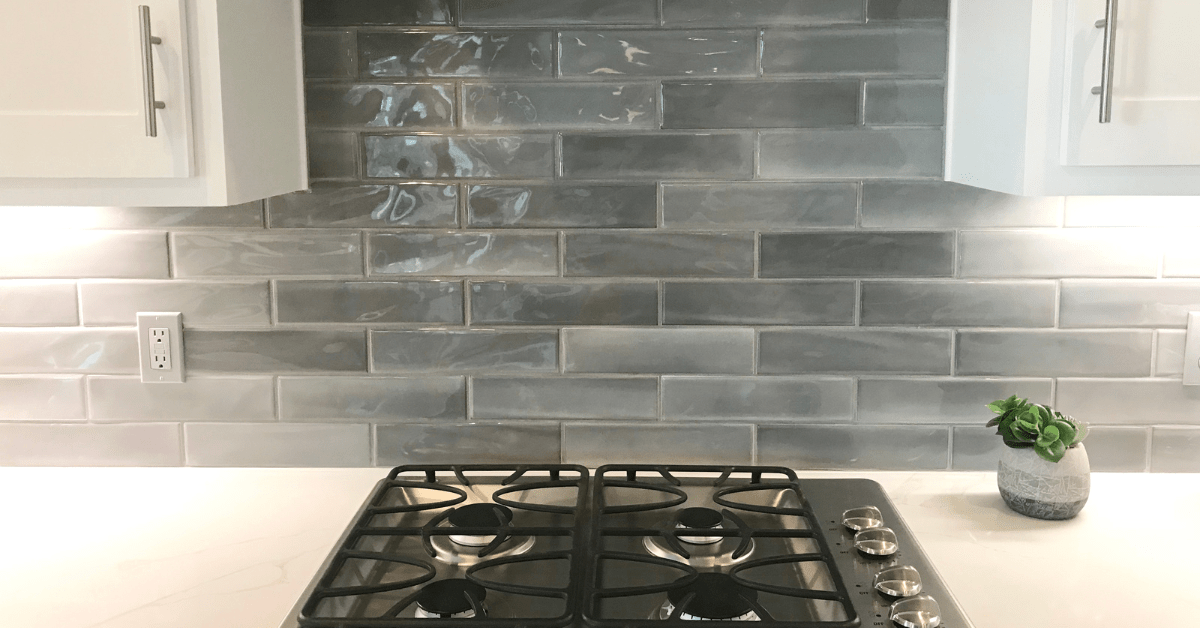Can your city change your mind"

There?s a significant chance that the room you?re in right now is controlling your mind. The room?if you?re like most North Americans, who?ve been found to spend roughly 90 percent of their time indoors, you?re probably in one?is exerting both strong and subtle influences on the way your brain functions. It may be making you anxious, or sad, or distracted, or highly efficient, or inexplicably tired, affecting not only your cognitive abilities and mental processes, but your emotional state, mental stability, and physical well-being. All these consequences have been recorded scientifically, and it?s becoming evident that the way physical spaces are designed can have a measurable impact on the human brain. Architecture, interior design, and even city planning can affect human behaviors and mental processes, causing psychological, biophysical, and cognitive changes in people, often without them noticing. Mostly this influence happens by accident. But sometimes it happens on purpose. "We actually know enough to change our lighting or acoustics to do no harm or to do less harm, and to enhance our mental and physiological and health outcomes."?Dr. Eve Edelstein
A subset of neuroscientists and psychologists are now working with architects and designers to understand how and why spaces, from city sidewalks to buildings to individual rooms, have such strong cognitive and psychological impacts. How these spaces are designed can affect the way people think, feel, learn,...
| -------------------------------- |
| Bang & Olufsen's modular BeoSound Shape speakers are arranged like wall tiles |
|
|





